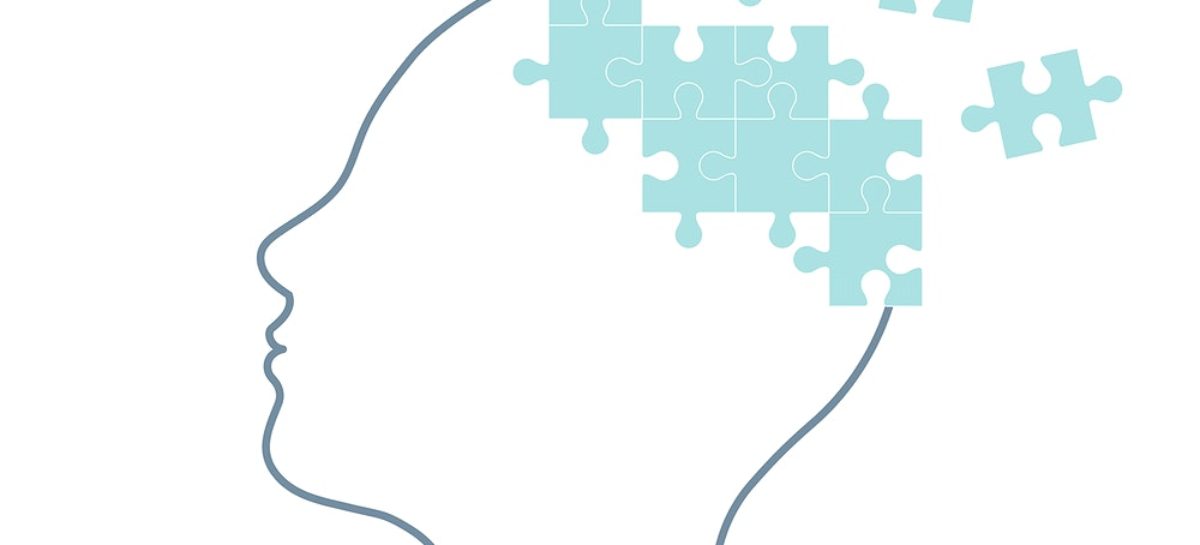Parkinson’s disease (PD) is a progressive movement disorder in the same class as Bradykinesia, Dyskinesia, Cerebral Palsy and 25 other disorders with 18 variants of them. Substantia nigra is an area of the brain which produces the chemical dopamine that controls a person’s movement and coordination. PD destroys the neurons in this area, thereby reducing dopamine production and hence reducing the person’s ability to control his/her movements.
Causes of Parkinson’s Disease
Although no precise explanation is given to the cause of PD, both genetic and environmental factors are attributed to it.
• Genetic factors include mutations in genes, as well as heredity, with children of PWPs (people with PD) having a 4-8% higher chance of developing PD.
• However, environmental factors are a stronger contributor to PD. Some chemicals found in herbicides, insecticides, chemical weapons; and hard-water in borewells or open wells are rich in minerals like manganese. These are consumed directly by rural populations in third-world countries and are known to trigger PD.
Symptoms of Parkinson’s disease
While symptoms of PD can vary from person to person, there are some common traits, and these are divided into primary motor symptoms, secondary motor symptoms and non-motor symptoms. These include:
Primary Motor symptoms
Primary motor symptoms are easily noticed by the patient and people around him or her. They are the earliest and best indicators of PD. Even if these symptoms show up occasionally, it’s important to screen yourself for PD.
• Trembling of the hands, fingers, legs, jaw, parts of the face and neck: In addition to this, the person has difficulty in holding objects firmly
• Slow and sporadic movement (‘Bradykinesia’): The person is slower than usual at times, for no specific reason
• Stiffness in the arms, legs and torso: At random times and even in warm weather, the person starts feeling stiff
• Awkward posture and unsteady gait: The person slouches or tends to slip and fall easily
Secondary Motor symptoms
• Small handwriting: Called Microphagia; in this condition, the patient tends to use smaller letters and lesser spacing between words while writing
• Masking: Facial muscles seem rigid, so the person appears to be having a blank stare or a serious expression even if the conversation is casual
Non-motor symptoms
• Impulsive and compulsive behavior: The person become stubborn and set in his/her ways about doing something. This behavior too can change randomly. In rare cases, the person may even become violent
• Sleep problems: In addition to twisting and turning in sleep, the person may flail his/her arms and even fall off the bed sometimes
• Voice changes: The person sounds hoarse, and speaks in a low and steady tone with no inflections in speech







Conclusion
Symptoms of Parkinson’s disease vary from patient to patient and even resemble that of other ailments. Early detection increases the chances of curing PD or minimizing its effects. So if you are above 55 years of age and suspect something is wrong with your body, please consult a doctor immediately.
Kauvery Hospital is globally known for its multidisciplinary services at all its Centers of Excellence, and for its comprehensive, Avant-Grade technology, especially in diagnostics and remedial care in heart diseases, transplantation, vascular and neurosciences medicine. Located in the heart of Trichy (Tennur, Royal Road and Alexandria Road (Cantonment), Chennai, Hosur, Salem, Tirunelveli and Bengaluru, the hospital also renders adult and pediatric trauma care.
Chennai – 044 4000 6000 • Trichy – Cantonment – 0431 4077777 • Trichy – Heartcity – 0431 4003500 • Trichy – Tennur – 0431 4022555 • Hosur – 04344 272727 • Salem – 0427 2677777 • Tirunelveli – 0462 4006000 • Bengaluru – 080 6801 6801



